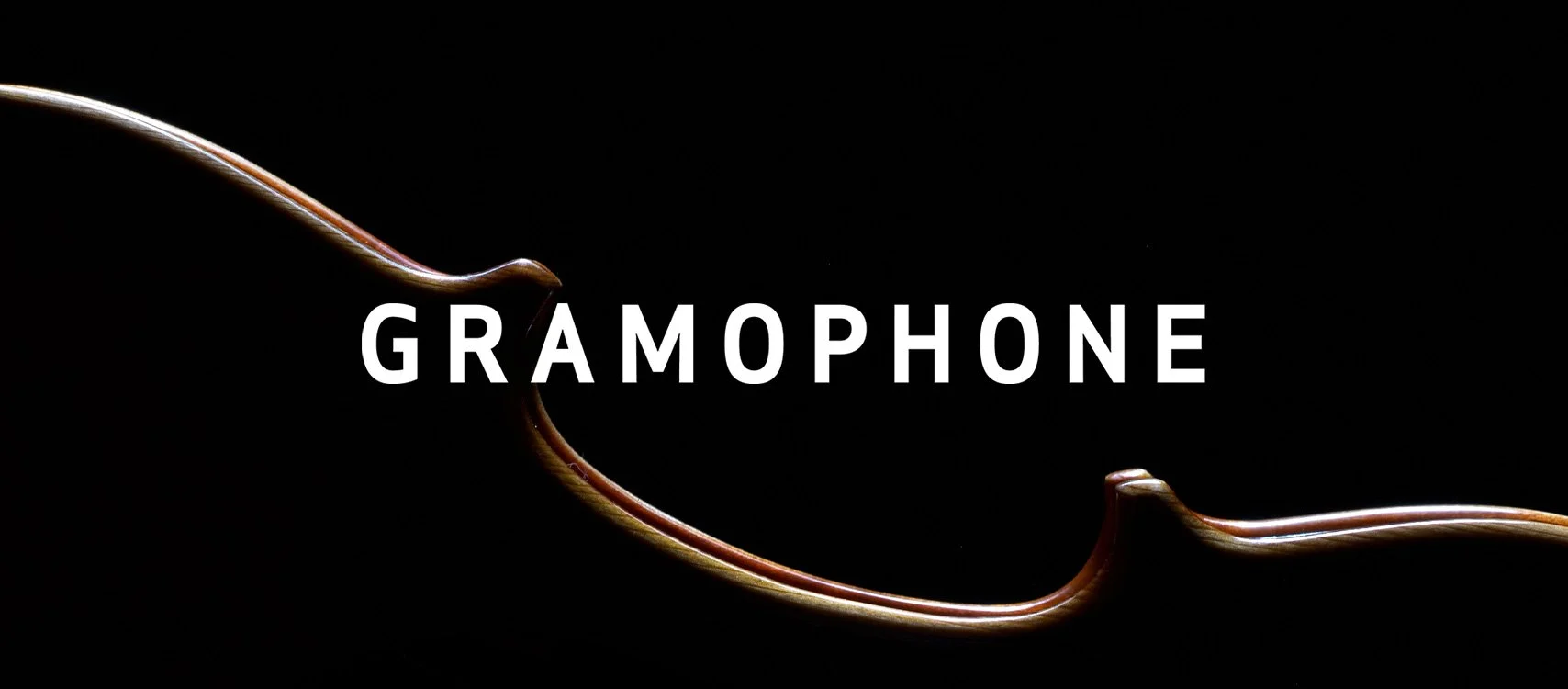Performed on this recording by the Metropolis Ensemble under Andrew Cyr, alongside Brooklyn Youth Chorus and chamber choir The Crossing, the musical topography of this large-scale, 35-minute work in four movements for large orchestra, electronics and choir often appears impenetrable, alien and forbidding. Entering its sound world, one feels like an explorer discovering a planet located at the far reaches of a distant galaxy. It seems fitting that the inspiration behind the work was Braxton’s passion for science fiction and Japanese cyberpunk comic-book serialisations.
The first movement, ‘Overshare’, opens with large terraced sonic blocks catapulted through musical space in slow motion, like immense planetary matter. These gestures eventually fragment and dissipate, leading the listener to the more pointillistic, fractured and grid-like design of the second movement, ‘Wavefolder’. The third, ‘Floating Lake’, makes effective use of massed wordless voices not unlike Ligeti’s choral writing to impart a barren, wind-bitten, lunar-like landscape, while the urgent pulse and creeping intensity of the final movement, ‘Overgrowth’, harnesses the entire dynamic force and range of the 87-piece orchestra to offer a dramatic conclusion to a journey that is at once exhilarating, terrifying and alienating.
Debussy once asked whether it was not the composer’s duty ‘to find a symphonic means to express our time’ – one that captured the progress and daring of the 20th century. In Telekinesis we are offered a glimpse of what that might become in the 21st.

